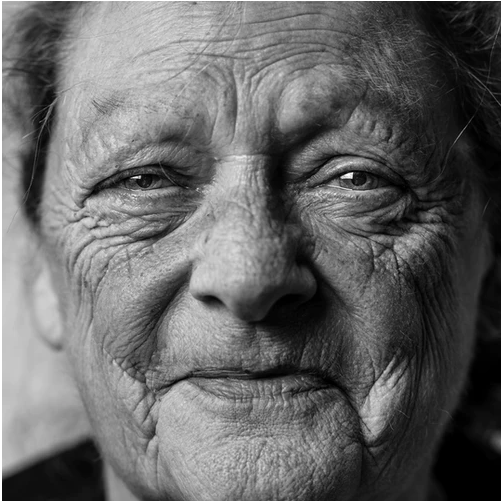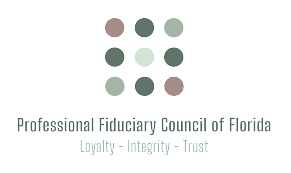Aging and Depression
Tuesday, March 23, 2021 2:45 PM

Many people dread the aging process because they’ve heard stories or experienced first-hand a family member going through a myriad of health, mobility issues, and maybe even depression and other mental health issues. The good news is, you can age not only gracefully, but happily. Depression is not a normal part of aging, in fact, studies show that most older adults feel satisfied with their lives, despite having more illnesses or physical problems. However, important life changes that happen as we get older may cause feelings of uneasiness, stress, and sadness. Here are some things to consider when it comes to depression and older adults, according to the Centers for Disease Control.
Recognizing Symptoms of Depression in Older Adults
Depression in older adults may be difficult to recognize because they may show different symptoms than younger people. For some older adults with depression, sadness is not their main symptom. They may have other, less obvious symptoms of depression, or they may not be willing to talk about their feelings. Therefore, doctors may be less likely to recognize that their patient has depression.
Sometimes older people who are depressed appear to feel tired, have trouble sleeping, or seem grumpy and irritable. Confusion or attention problems caused by depression can sometimes look like Alzheimer’s disease or other brain disorders. Older adults also may have more medical conditions, such as heart disease, stroke, or cancer, which may cause depressive symptoms. Or they may be taking medications with side effects that contribute to depression.
Types of Depression
There are several types of depressive disorders.
Major depression
involves severe symptoms that interfere with the ability to work, sleep, study, eat, and enjoy life. An episode can occur only once in a person’s lifetime, but more often, a person has several episodes.
Persistent depressive disorder
is a depressed mood that lasts for at least 2 years. A person diagnosed with persistent depressive disorder may have episodes of major depression along with periods of less severe symptoms, but symptoms must last for 2 years to be considered persistent depressive disorder.
Other forms of depression include psychotic depression and seasonal affective disorder.
Causes and Risk Factors for Depression
Several factors, or a combination of factors, may contribute to depression.
Genes—People with a family history of depression may be more likely to develop it than those whose families do not have the illness.
Personal history—Older adults who had depression when they were younger are more at risk for developing depression in late life than those who did not have the illness earlier in life.
Brain chemistry—People with depression may have different brain chemistry than those without the illness.
Stress—Loss of a loved one, a difficult relationship, or any stressful situation may trigger depression.
At Safe Harbor ElderCare Services, we care about the welfare of our seniors. With 20 years of experience operating a large geriatric primary care medical group, we have acquired the knowledge and developed a network to fulfill the needs and satisfy the concerns of our senior patients. The mission of Safe Harbor Eldercare is to help our seniors navigate through a myriad of https://www.myflfamilies.com/ decisions that deal with many aspects of their lives, health, and sense of security. Call (866)742-7267 or fill out our online form today!
Sources:
https://www.nia.nih.gov/health/depression-and-older-adults





